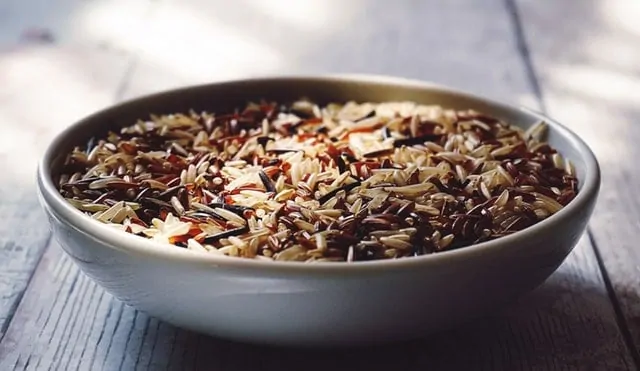
Each September is recognized as Whole Grains Month and serves to raise awareness of the multitude of health benefits that come along with eating foods made from whole grains. The most discussed health benefits of whole grains are usually related to heart health, but as our dental office in Madison knows, the benefits of eating a well-balanced diet rich in whole grains goes beyond the heart.
Whole grains can be great for our hearts and may even help reduce the risk of obesity and cancer. But recent research shows that eating the recommended daily dose of whole grains can protect oral health, too. Foods rich with whole grains are loaded with vitamins, minerals, and antioxidants that work to keep mouths healthy.
The table below shows the recommended daily servings by age range and gender according to the 2015-2020 Dietary Guidelines for Americans.
| Age | Female | Male |
| 1-3 | 2 | 2 |
| 4-8 | 2.5 | 2.5 |
| 9-13 | 3 | 3.5 |
| 14-18 | 3.5 | 4 |
| 19-30 | 3.5 | 4.5 |
| 31+ | 3 | 4 |
Eating enough whole grains doesn’t need to be difficult, and you don’t need to give up delicious foods like some people think. In fact, making small changes can go a long way in helping you and your family get your daily dose of whole grains.
When shopping for foods high in whole grains look for the gold and black Whole Grain Stamp.
What we choose to eat has an effect on not only our overall health, but our oral health too. Your dentist in Madison urges you to follow a well-balanced diet rich in whole grains, fresh fruits and vegetables, and plenty of water.
Eating well and seeing your dentist twice year can keep your smile healthy. Don’t put off your bi-annual dental checkup, call our Madison dental office to schedule an appointment.